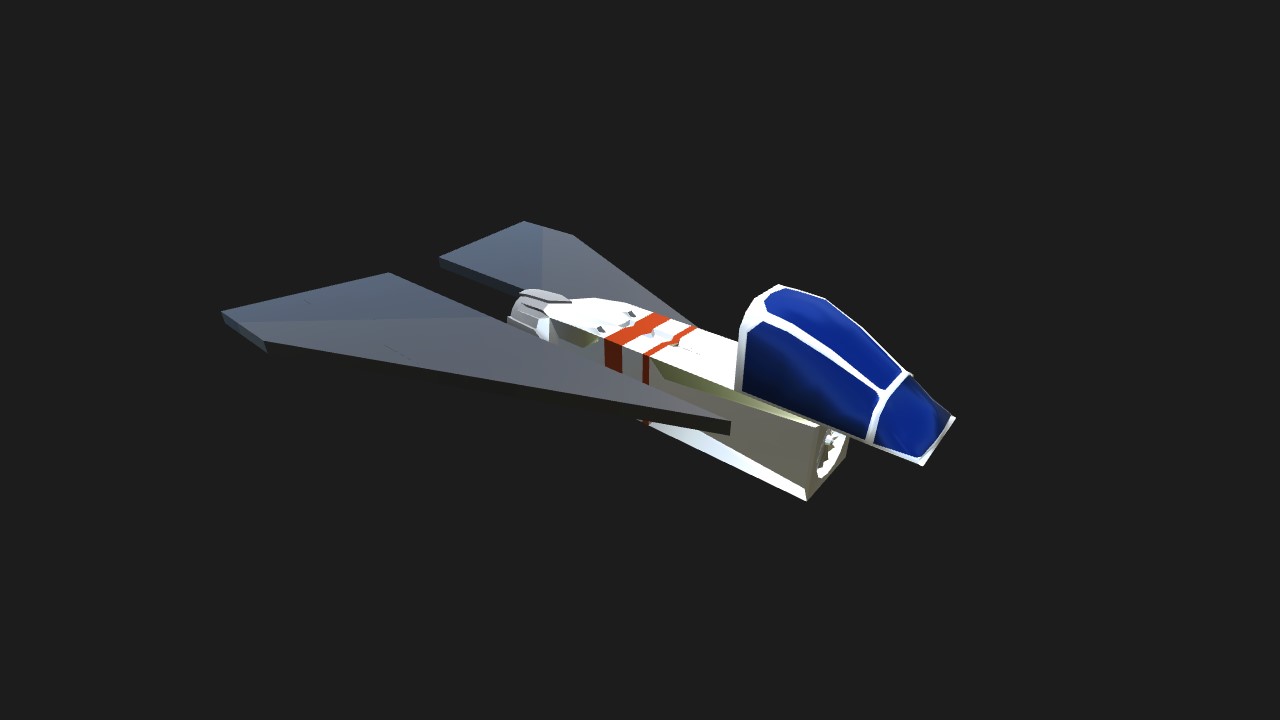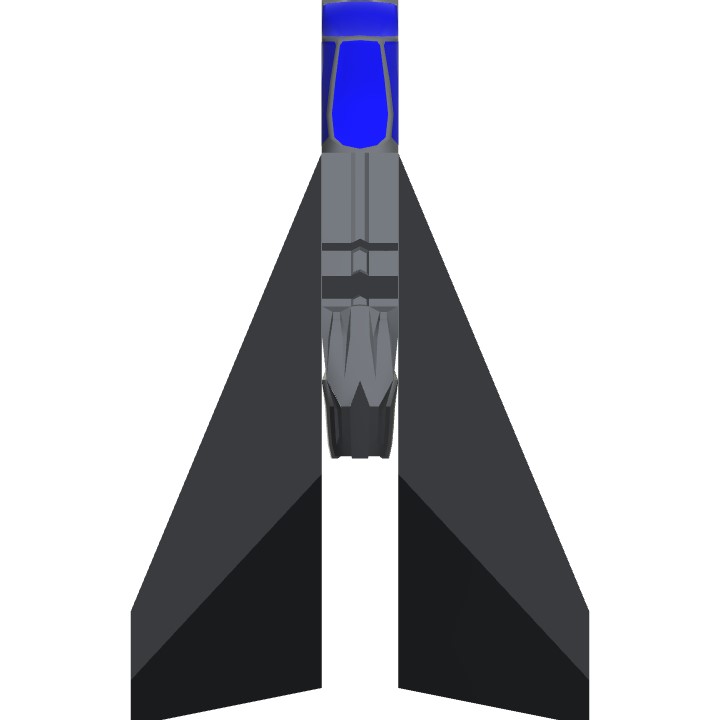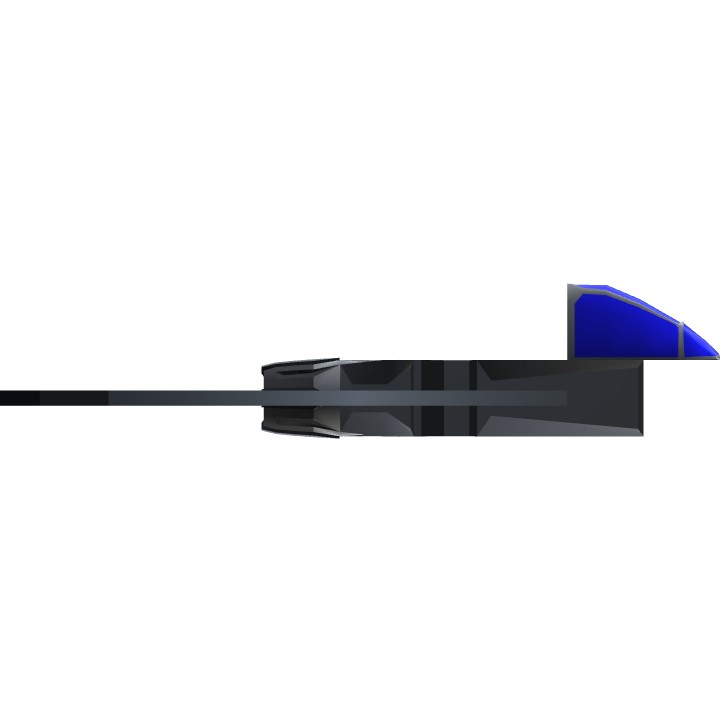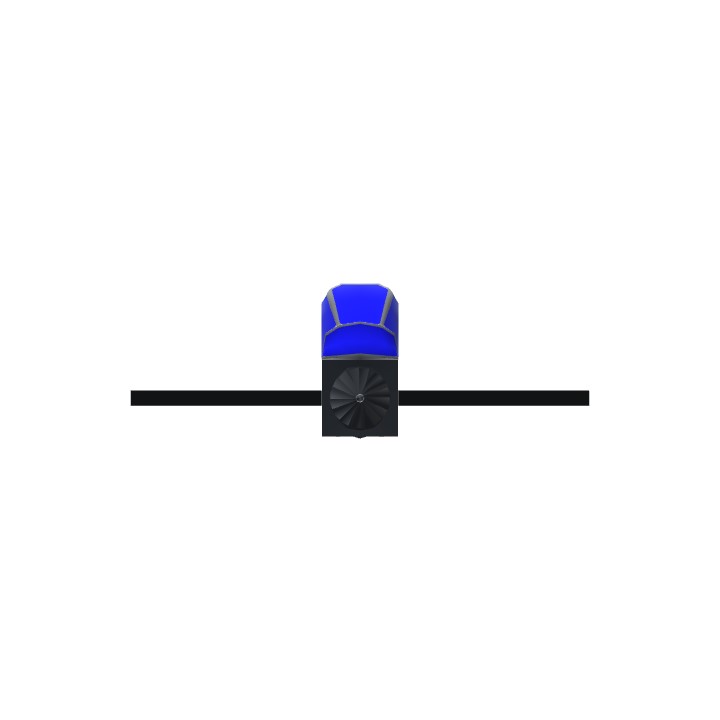An aircraft (barely) capable of controlled takeoff, flight and landing, made only with 4 parts!
There's no yaw control (or even stabilisation), but yaw can be manipulated by rolling.
Don't ask how it flies. I don't know either.
Specifications
General Characteristics
- Successors 4 airplane(s) +35 bonus
- Created On Windows
- Wingspan 9.6ft (2.9m)
- Length 15.5ft (4.7m)
- Height 3.3ft (1.0m)
- Empty Weight 2,497lbs (1,132kg)
- Loaded Weight 2,929lbs (1,328kg)
Performance
- Power/Weight Ratio 3.835
- Wing Loading 51.2lbs/ft2 (250.1kg/m2)
- Wing Area 57.2ft2 (5.3m2)
- Drag Points 423
Parts
- Number of Parts 4
- Control Surfaces 4
- Performance Cost 31





I will see I Do it more better (as a little friendly competition)
@CheeseTruffles ye- ye- YESSIR
This defies all physics
It’s Emperor Cheese to you @Alta2809
@CheeseTruffles No Problem, Sir Truffalian of the supreme Cheese court.
Thank you, professor Alta for that wondrous and informative lecture. @Alta2809
Here: Flight is the process by which an object moves through an atmosphere (or beyond it, as in the case of spaceflight) without contact with the surface. This can be achieved by generating aerodynamic lift associated with propulsive thrust, aerostatically using buoyancy, or by ballistic movement.
Many things can fly, from natural aviators such as birds, bats, and insects, to human inventions like aircraft, including airplanes, helicopters, balloons, and rockets which may carry spacecraft.
The engineering aspects of flight are the purview of aerospace engineering which is subdivided into aeronautics, the study of vehicles that travel through the air, and astronautics, the study of vehicles that travel through space, and ballistics, the study of the flight of projectiles.